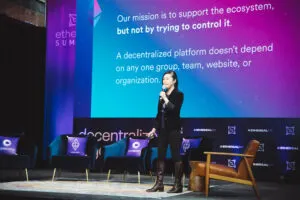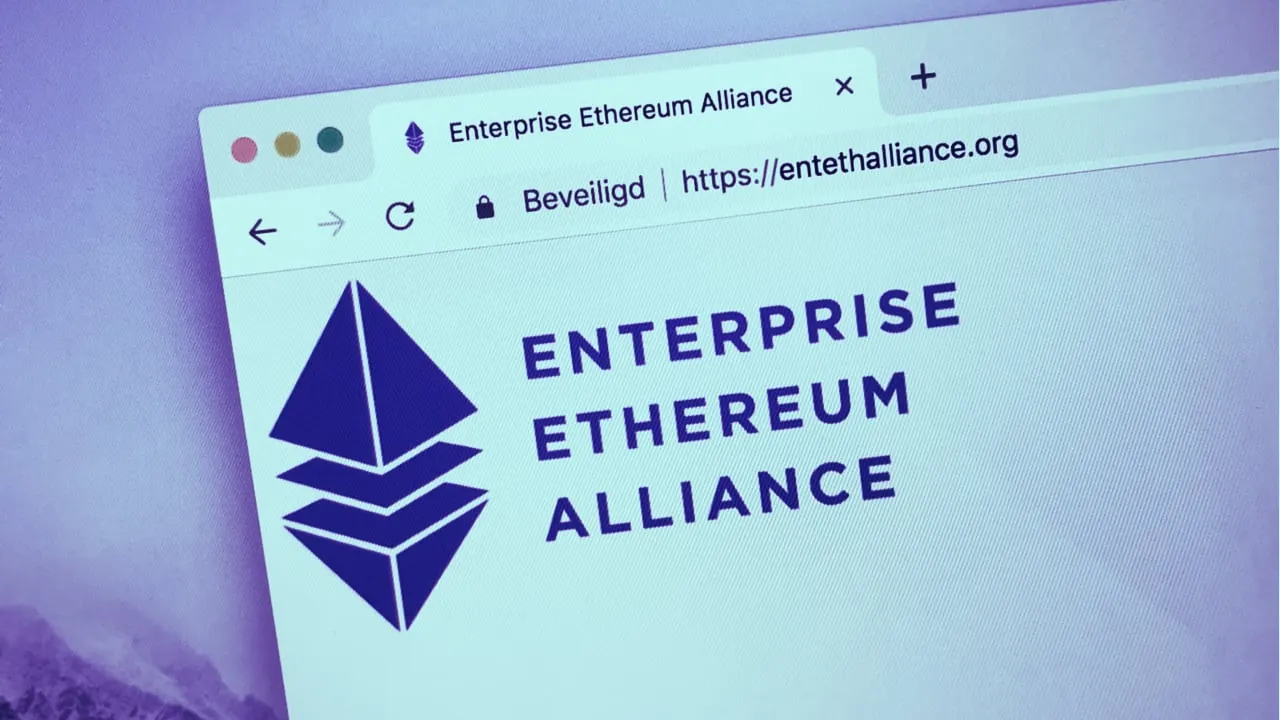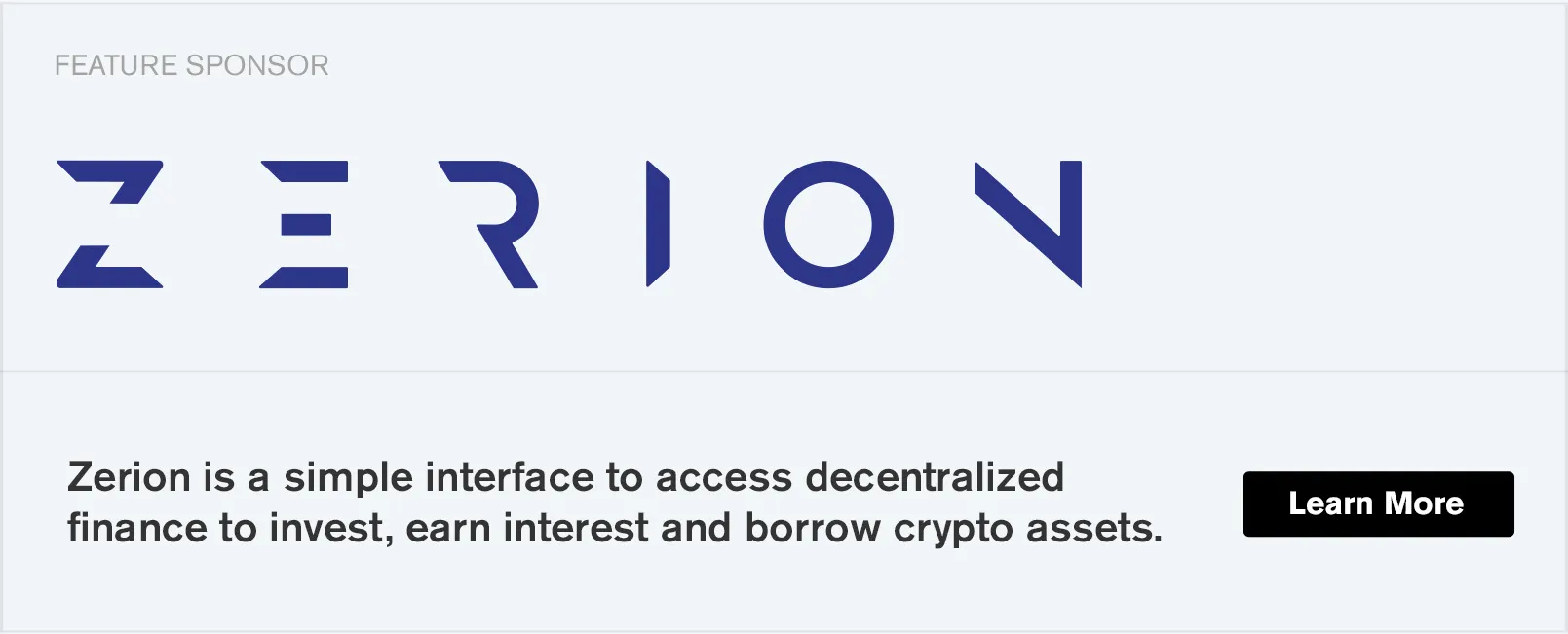In brief
- Ethereum Foundation Executive Director Aya Miyaguchi advocated for a broader definition of "enterprise."
- Microsoft's Yorke Rhodes and ConsenSys's John Wolpert concurred that both public and permissioned blockchains fill the same purpose.
If a panel today at Ethereal Summit is any indication, the lines between Ethereum and enterprise Ethereum are dissolving. The panel—John Wolpert of ConsenSys, Yorke Rhodes of Microsoft, and Aya Miyaguchi and Tas Dienes of Ethereum Foundation—agreed that our old, coded way of talking about public, versus permissioned blockchains, needs a reboot.
While the plugins and consensus mechanisms might vary, "it is the same technology," said Rhodes, who co-founded Blockchain @Microsoft. "It's just how you deploy it that is different."
Wolpert, ConsenSys’ group executive for enterprise mainnet products and technology, more or less concurred. "In both cases, if you're dealing with personal information of human beings—you're dealing with grandma's pension or anything financial—you've got the same problems that an enterprise does, or many of them. Information security is information security."
In fact, Wolpert believes there should be just one Ethereum standard—no separate standards for enterprise and individuals, which might tread a bit on what the Enterprise Ethereum Alliance (a member organization that develops such standards) has been doing since its inception.
That would suit Ethereum Foundation Executive Director Miyaguchi just fine. "I don't really like this definition of 'enterprise,'" she said, adding that she wished the Alliance would broaden its definition. She pointed to startups that have been funded by UNICEF Innovation grants, which, on the face of things don't fit the standard conception of a monolithic enterprise.

Still, their needs are fundamentally the same: information security.
In some cases, Rhodes suggested, companies might be more inclined to a privacy model so that competitors can't parse data or metadata for clues to its business dealings.
"While I as an enterprise want to know and be able to verify that I'm transacting with a known endpoint that I can identify as another enterprise," he said, "I also don't want the public to know the volume or type of transactions I'm doing across this public utility."
Still, the participants didn't fundamentally disagree on much or take issue with the Alliance, which Microsoft, ConsenSys, and Ethereum Foundation are all members of. Just like enterprise and Ethereum, we're all friends here.


